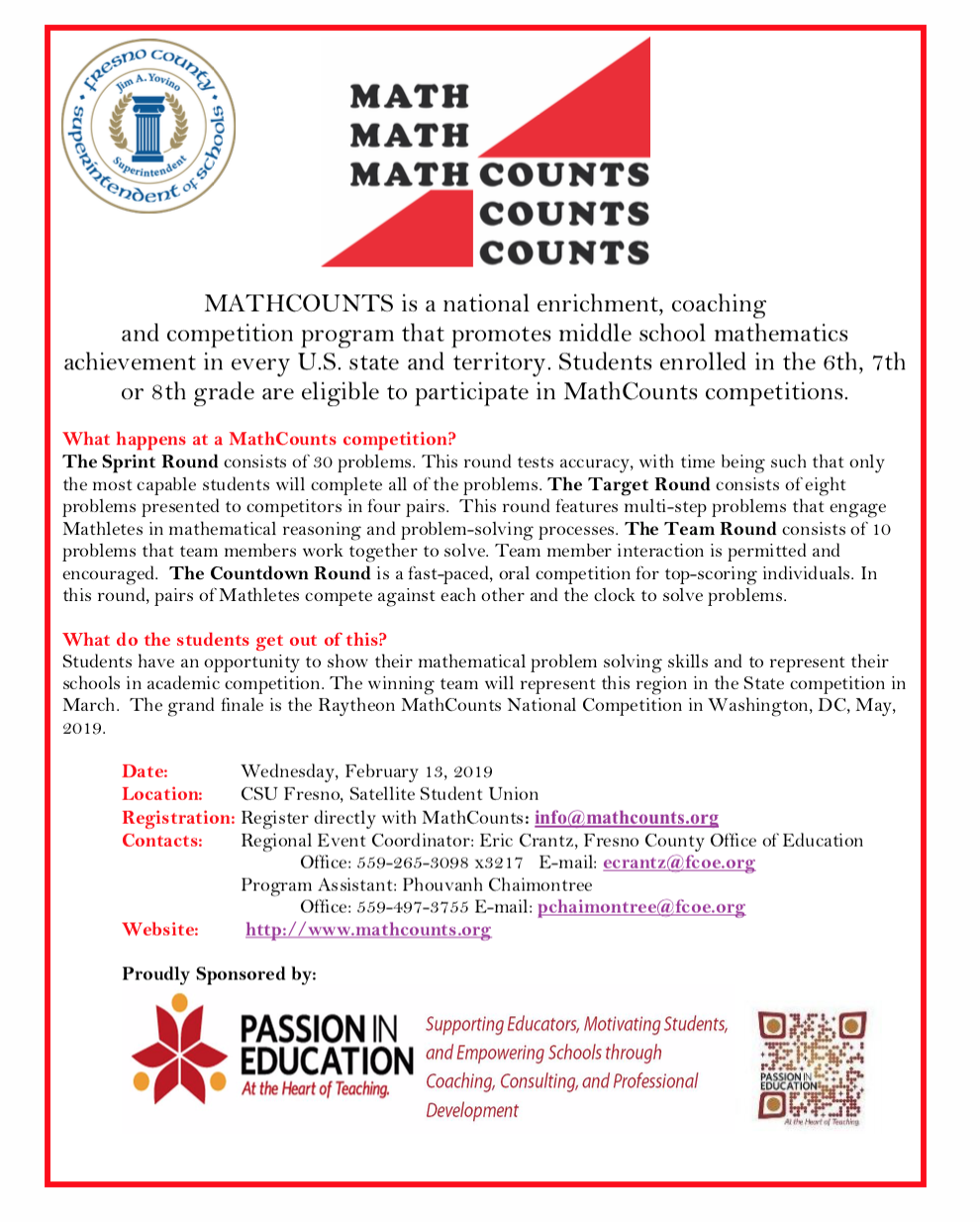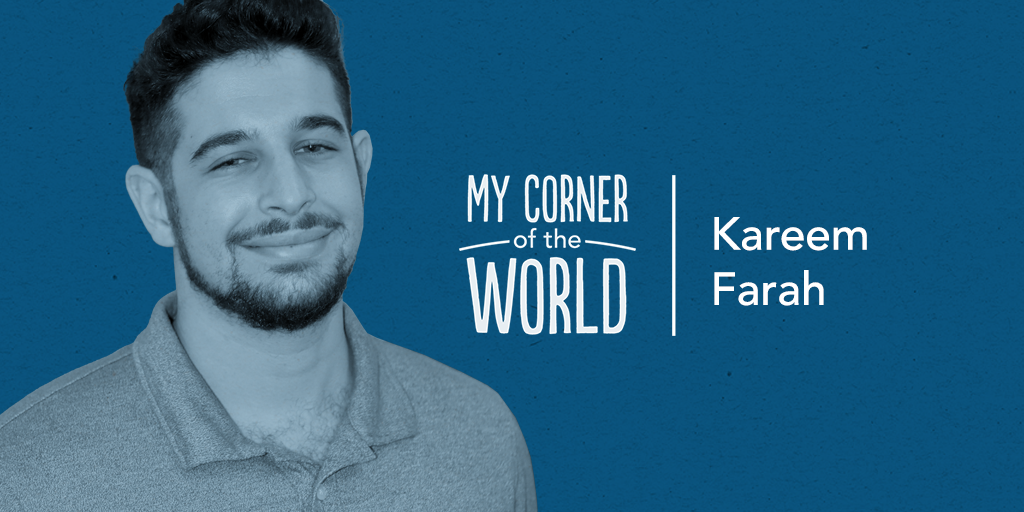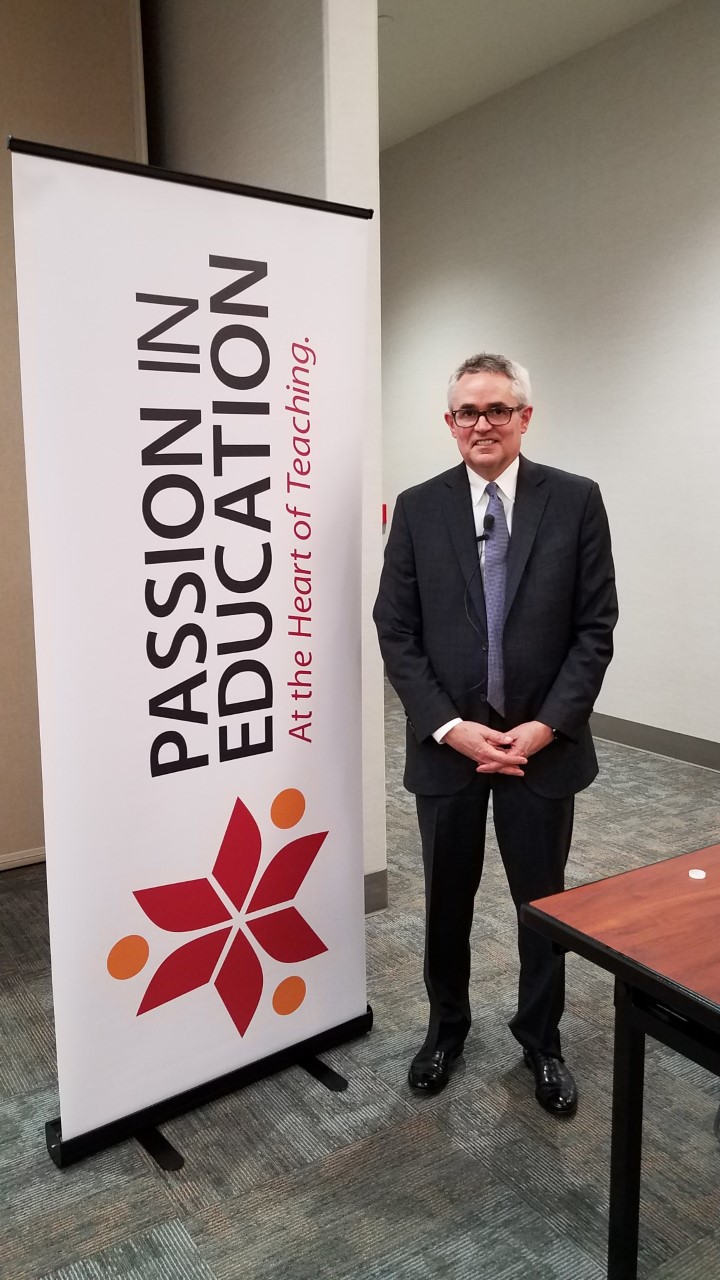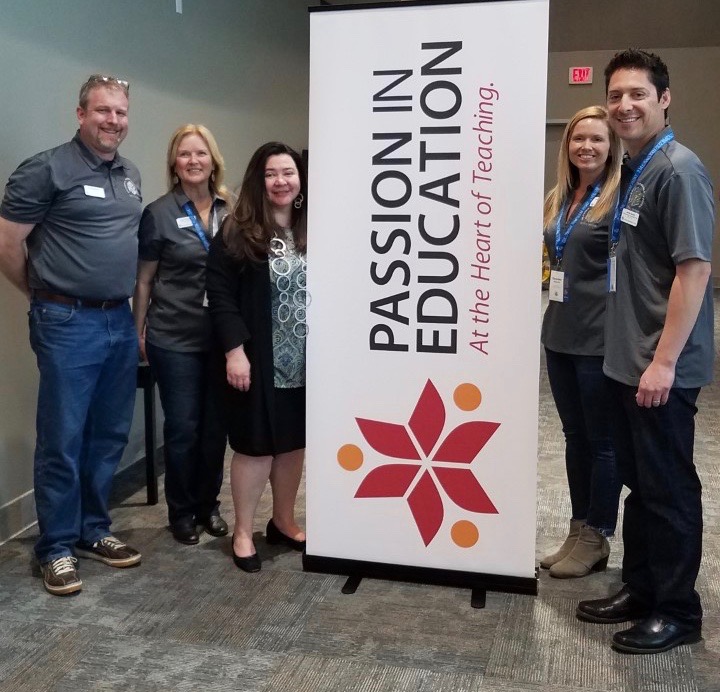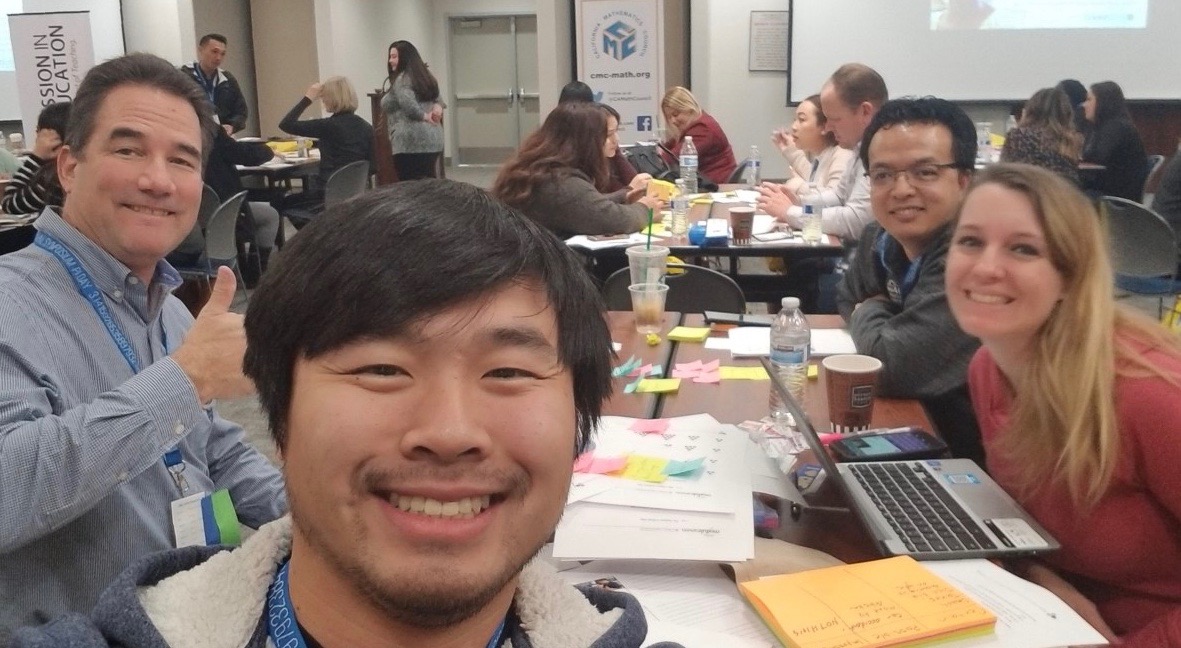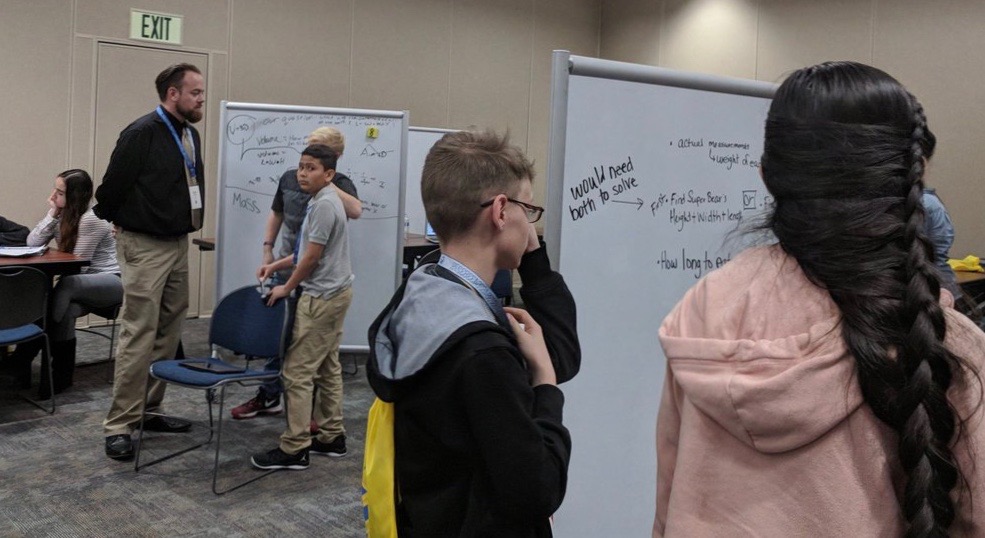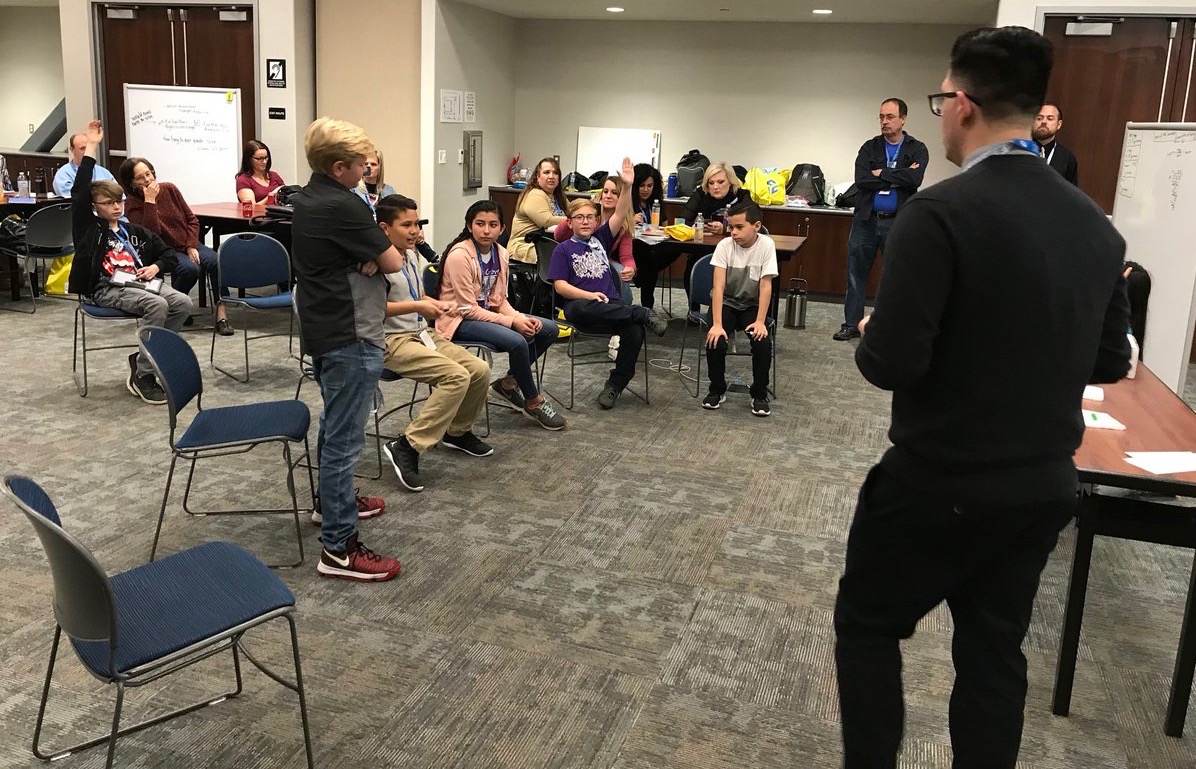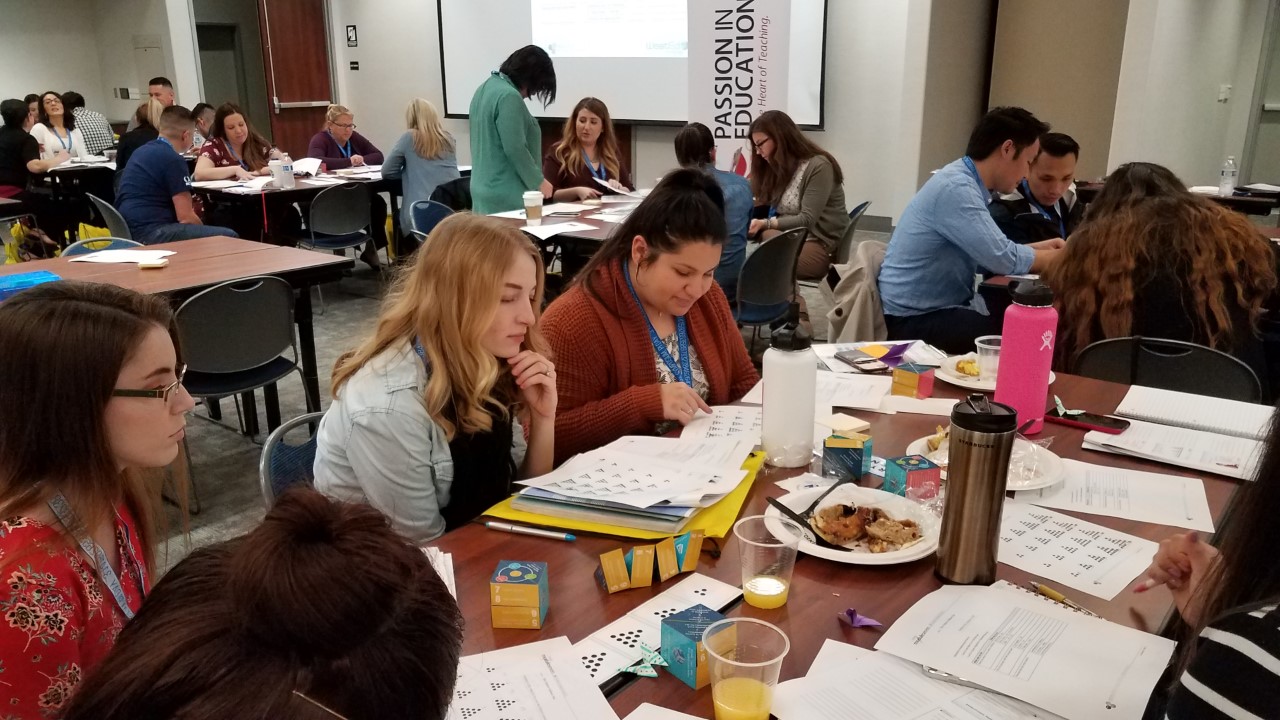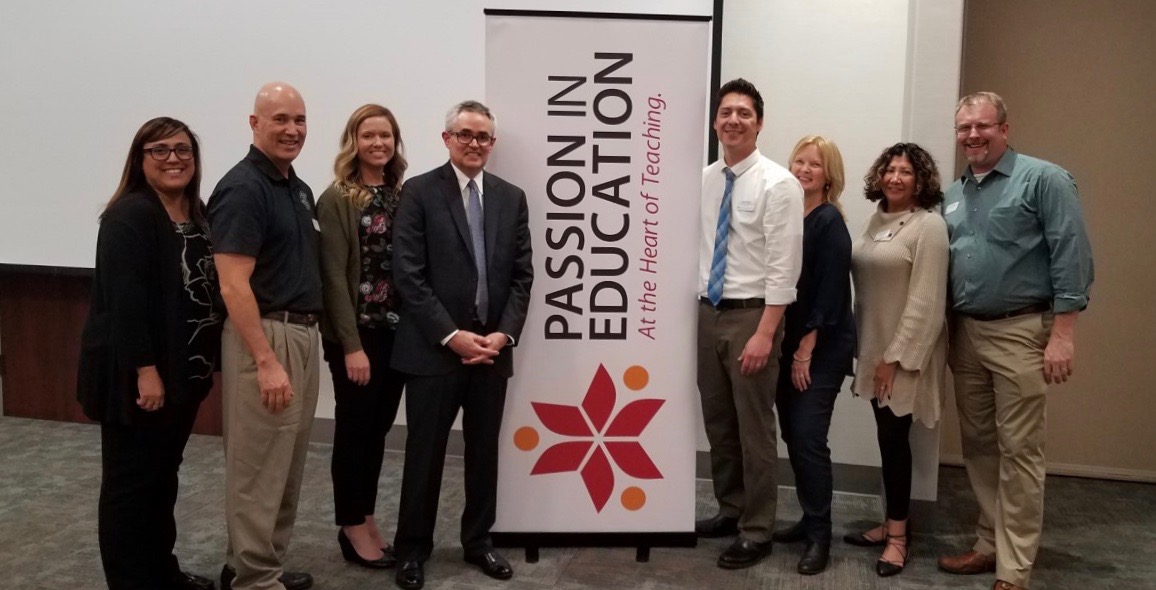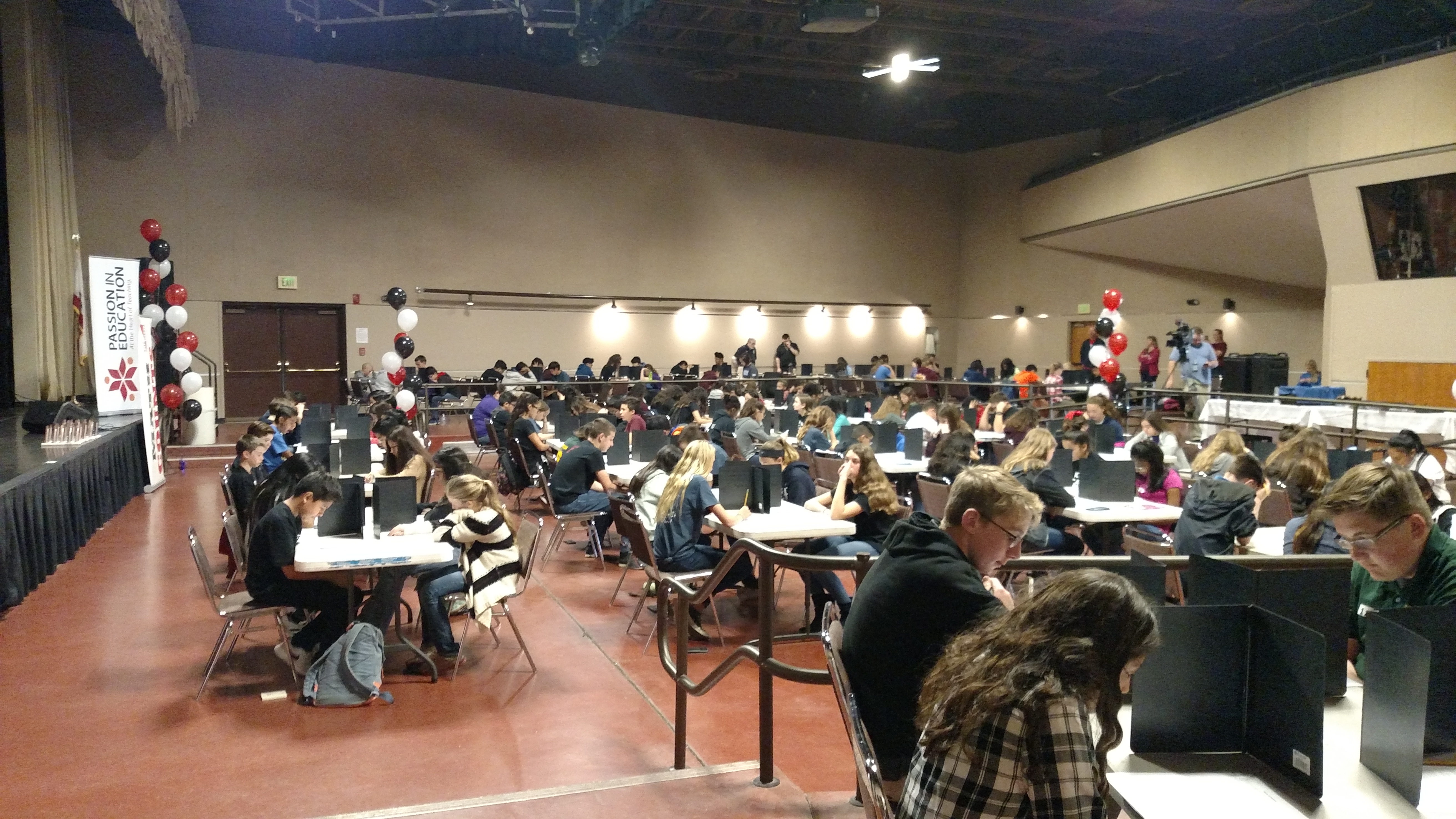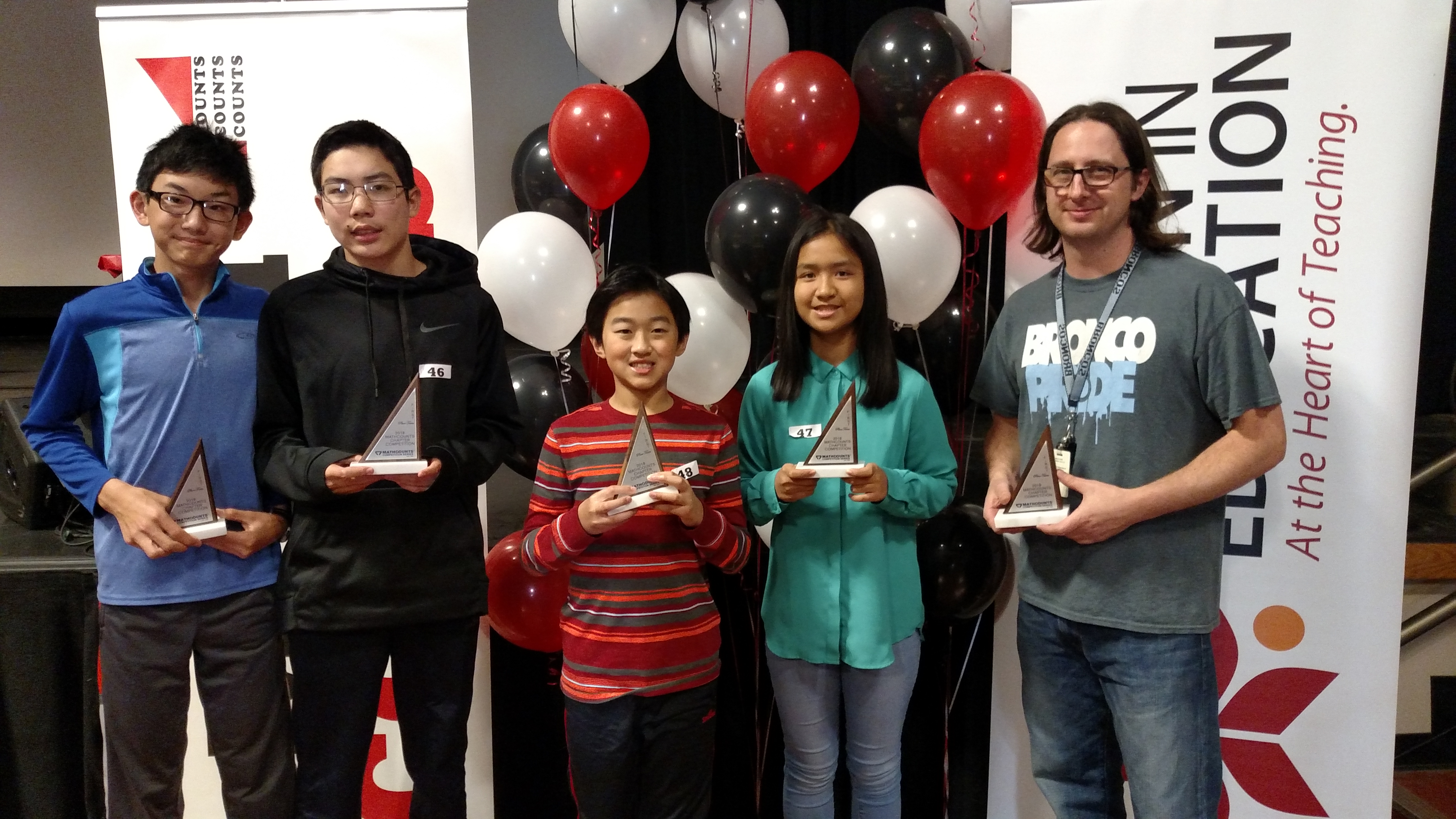A couple of years ago, I started my fourth year of teaching high school math at a new school in Washington, D.C. What struck me right away was the diversity of learning levels in my classroom. More specifically, how many of my new students believed they just didn’t belong in a math classroom at all.
I knew I had to shift that mindset – and that meant changing my instructional model in a significant way. I had to meet the needs of my quickest learners while simultaneously providing the appropriate support for my students with critical learning gaps. I worked to develop a three-pronged approach built on blended instruction, self-paced structure and mastery-based assessment.
“Blended learning” involves leveraging technology in the classroom to replace my math lectures with instructional videos. My instructional videos are created simply by screencasting my PowerPoint presentations with my voice recorded over. By removing the traditional lecture from my class, I am free to spend my entire class time working individually and in small groups with students.
By blending my instruction, it allows my students to learn at their own pace. Students are no longer reliant on a short presentation at the beginning of class to access the content. When students walk into my classroom now, they look at the publicly displayed pacing tracker to remind themselves which lesson they’re working on. Each day, they pick up where they left off the day before, ensuring they are only progressing when they are ready. My students control where they go and what they do. I spend the class period going over lesson revisions with individual students and reteaching concepts to small groups.
My class is “mastery-based,” meaning my students can’t move to the next lesson without showing mastery on the previous lesson. At first, my students have intense emotional reactions to this: They’ve turned something in, and now, I am telling them it does not exhibit mastery and pushing them to revisit their thinking and try again. It requires a shift in mindset from completion to mastery. To get there, my class revolves around the core components of revision, reassessment and reflection to facilitate a daily journey to mastery.
Although there is initial resistance, within a few weeks, every student experiences authentic mastery. Every student learns what it feels like to travel through a lesson and work through setbacks. Every student experiences excellence.
This model is tough for my students at the beginning of the school year – but it’s also tough for me. I have to be very consistent and accept a level of chaos. I have to be patient and trust that the transformation will happen. If a student isn’t using their time productively, I do not micro-manage their behaviors. I have an open and honest conversation with them about their use of time. We discuss the real implications of their decisions, and I put the responsibility on them to use their time wisely. Eventually, after seeing the impact of their actions, they develop into self-directed learners who take control of their learning process. That early chaos pays off.
If you’re a teacher who wants to try my approach, my first piece of advice is: Do not be afraid to take a risk. When I started my model, my level of understanding of technology was nothing special, and my experience with self-pacing and mastery-based learning was limited. However, I felt comfortable taking major instructional risks because I knew the status quo was unacceptable. To support teachers in adapting my model, I have developed The Modern Classrooms Project, a nonprofit that helps teachers redesign their learning experience to infuse blended, self-paced and mastery-based instruction to meet the needs of all learners. To learn more about my nonprofit, you can visit www.modernclassrooms.org.
As you reconsider your own learning model, you have to take a step back and let go of your narratives about what teaching and learning look like and ask yourself, “What do my students need?” When teachers ask themselves that question, we so often land in the same place. We know that students should only progress when they have exhibited mastery. We know kids need to learn at their own pace. We know kids need individualized instruction. And as teachers, we can’t be afraid to take risks to meet those needs. We have to be brave enough to let go and try something new.
